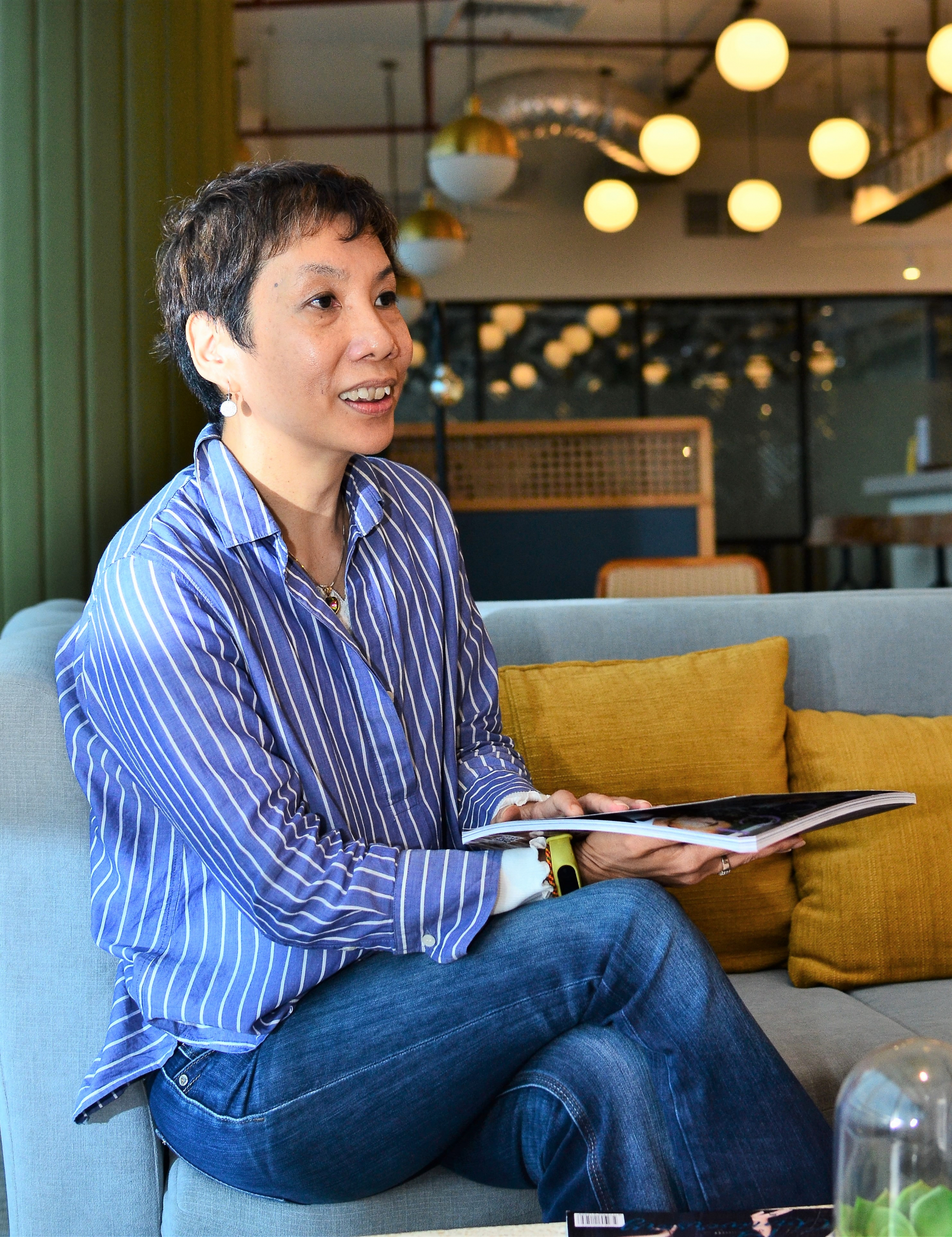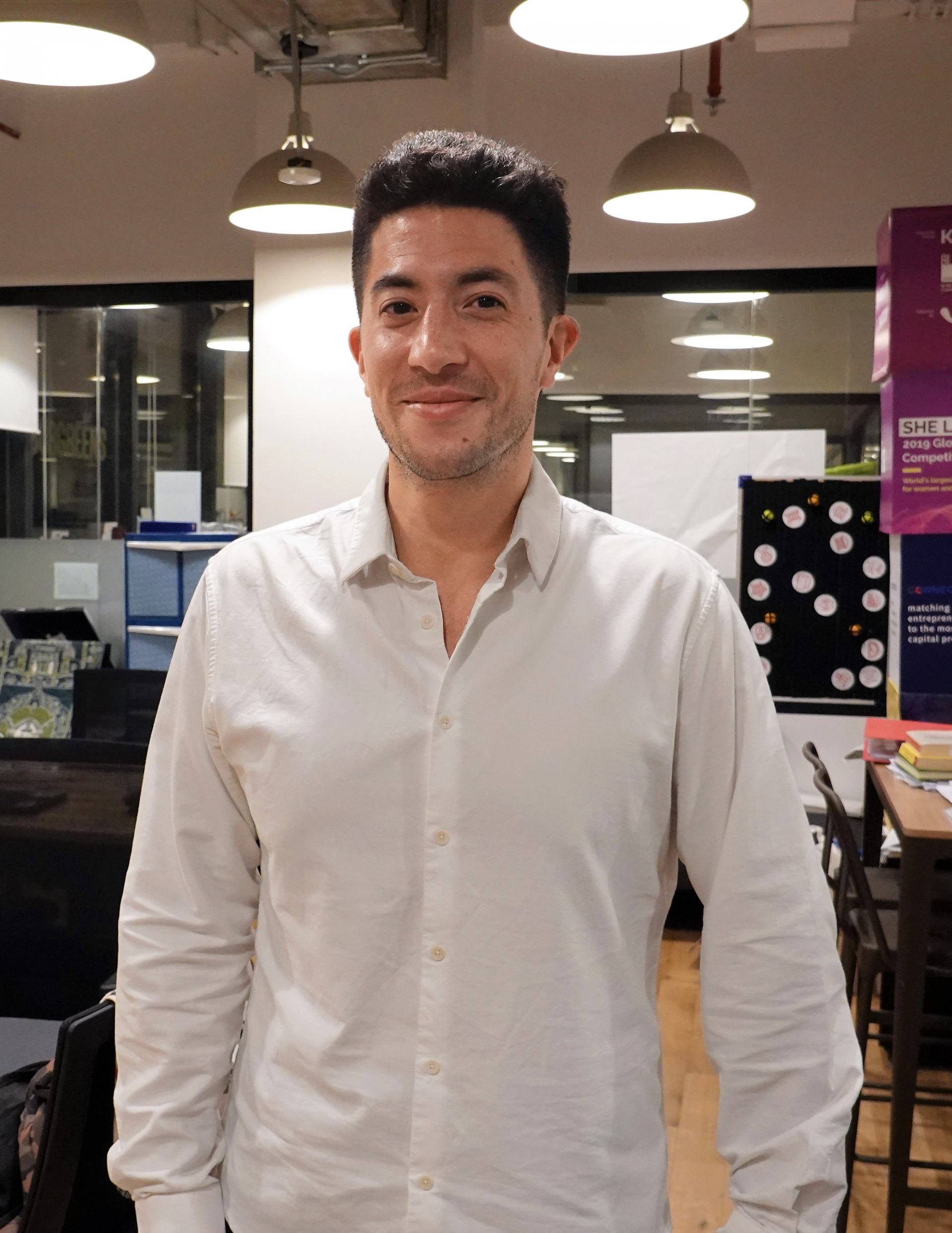Though Ms. Asmara did not know it at the time, that tragic event served as the inspiration to pursue her current work as an angel investor focusing on social enterprises in Indonesia. After stepping down as CEO of JAC Recruitment Indonesia at the end of 2015, she sold her car and traded her business suits for casual wear, filled with a determination to better understand the challenges facing the country beyond the high-powered boardrooms and luxury hotels.
“I really just wanted to start out by living an ordinary life just like most other people,” she explained. In a country where many people still survive on less than 2 USD per day, she wanted to confront the hardships people face in their daily lives. “If you don’t start from there, you’ll never truly understand what people are going through.”
Through this experience, she began to craft a plan to contribute to solving these problems through entrepreneurship, using a fresh approach to selecting possible investments by looking past traditional evaluation metrics and focusing on the people, the stories, and the vision behind the businesses. One of the central guiding principles of her investment strategy is to champion companies that put the development of their team first, especially in the case of mothers who then can pass on a more promising future to their children.
Since beginning this work full time in 2015, she has invested in around 13 companies, more than half of which are social enterprises, and supported more than 1,500 direct and indirect employees. You can learn more about two of the companies where Ms. Asmara has invested, Du’anyam and GandengTangan, in the
first article of this series.

